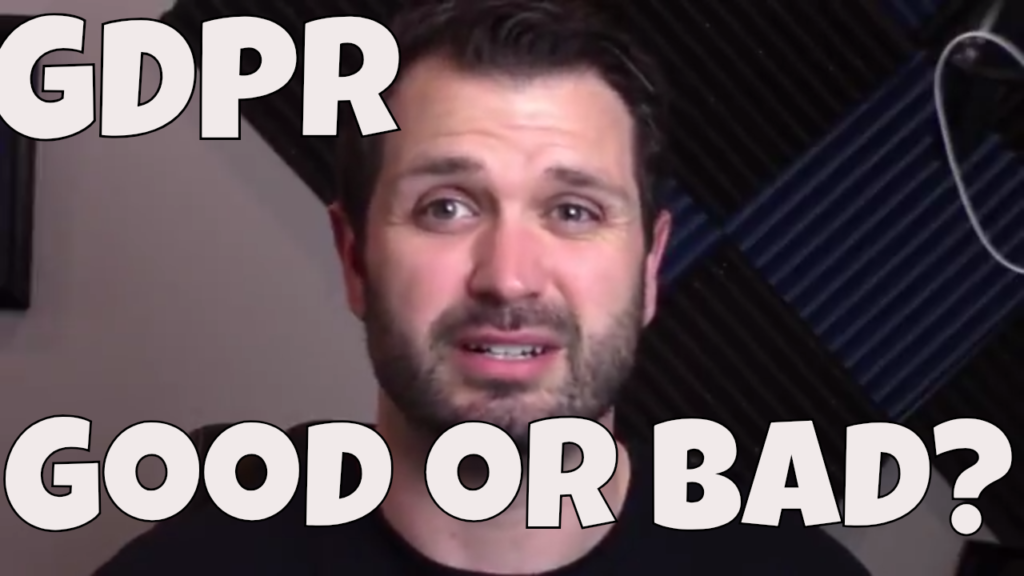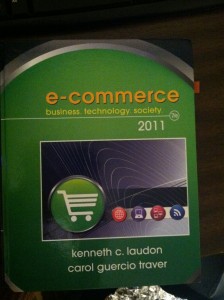Blog Post First Appeared on Dell EMC Post “Where Were you When Artificial Intelligence Transformed the Enterprise“…
Where were you when artificial intelligence (AI) came online? Remember that science fiction movie where AI takes over in a near dystopian future? The plot revolves around where a crazy scientist accidentally put AI online only to realize the mistake too late. Soon the machines become the human’s overlords. While these science fiction scenarios are entertaining they really just stoke fear and add to the confusion about AI. What enterprises should be worried about regarding AI, is understanding how their competition is embracing it to get a leg up.
Where were you when your competition put Artificial Intelligence online?
Artificial Intelligence in the Enterprise
Implementations of artificial intelligence with Natural Language Processing is changing the way enterprises interact with customers and conduct customer calls. Organizations are also embracing another form artificial intelligence called computer vision that is changing the way Doctors read MRIs and the transportation industry. It’s clear that artificial intelligence and deep learning are making an impact in the enterprise. If you are feeling behind no problem let’s walk three strategies enterprises are embracing for implementing AI in their organizations.
Key Strategies for Enterprise AI
The first key point to embracing AI into your organization is to define an AI strategy. Jack Welch said it best “In reality strategy is actually very straightforward. You pick a general direction and implement like hell.” Designing a strategy starts with understanding the business value that AI will bring into the enterprise. For example, a hospital might have an AI initiative to reduce the time to recognize from CT scans patients experiencing a stroke. Reducing that time by minutes or hours could help get critical care to patients and bring out about better patient outcomes. By narrowing and defining a strategy Data Scientist and Data Engineers now have a goal to focus on achieving.
Once you have a strategy in mind, the most important factor in the success of artificial intelligence projects is the data. Successful AI models cannot be built without it. Data is an organizations number one competitive advantage. In fact, AI and deep learning love big data. An artificial intelligence model that helps detect Parkinson’s disease must be trained with considerable amounts of data. If data is the most critical factor, then architecting proper data pipelines is paramount. Enterprise must embrace scaled out architectures that break down data silos and provide flexibility to expand based on the performance needs of the workload. Only with scale-out architectures can Data Engineers help unlock the potential in data.
After ensuring data pipelines are architected with a scale-out solution, it is time to fail quickly. YES! Data Scientist and Data Engineers have permission to fail but in a smart fashion. Successful Data Science teams embracing AI have learned how to fail quickly. Leveraging GPU processing allows Data Scientist to build AI models faster than anytime in human history. To speed up the development process though failures, solutions should incorporate GPUs or accelerated compute. Not every model end with success but leads Data Scientist closer to the solution. Ever watched a small child when they are first learning how to walk? Learning to walk is a natural practice of trial and error. If the child waits until she has all the information and the perfect environment they may never learn to walk. However, that child doesn’t learn to walk on a balance beam it starts in a controlled environment where she can fail. A Data Science team’s start in AI should take the same approach, where they embrace trial and error while capturing data from failures and successes to iterate into the next cycle quickly.



